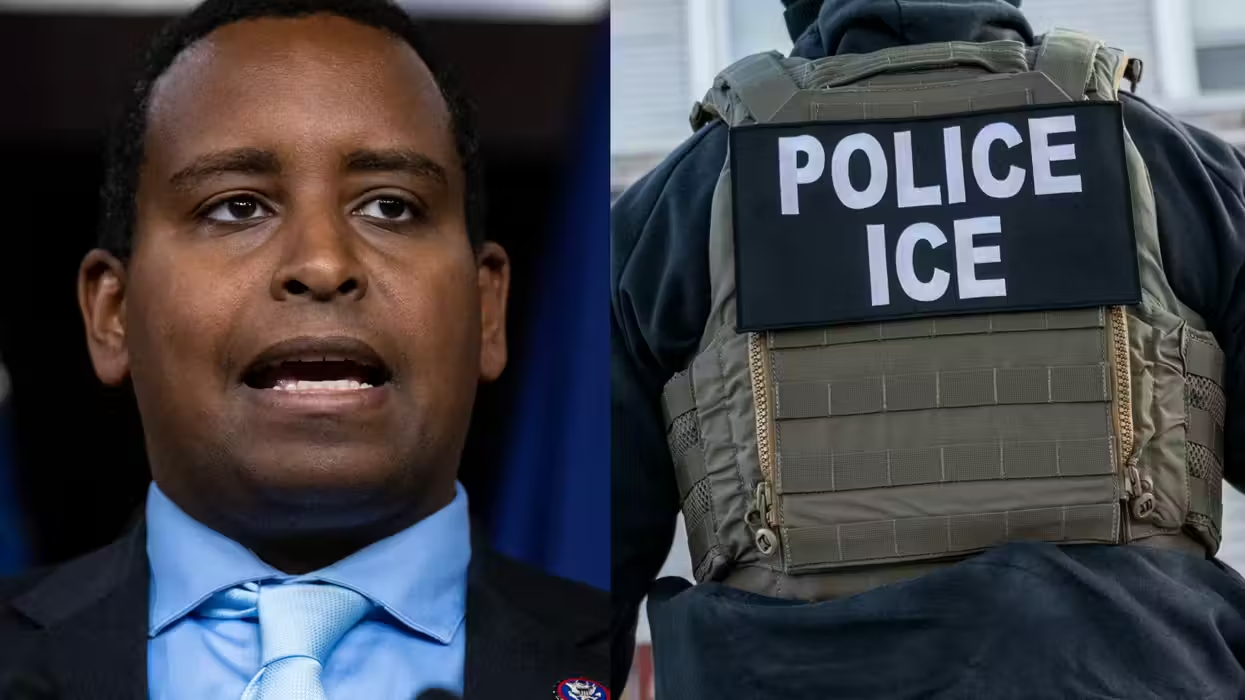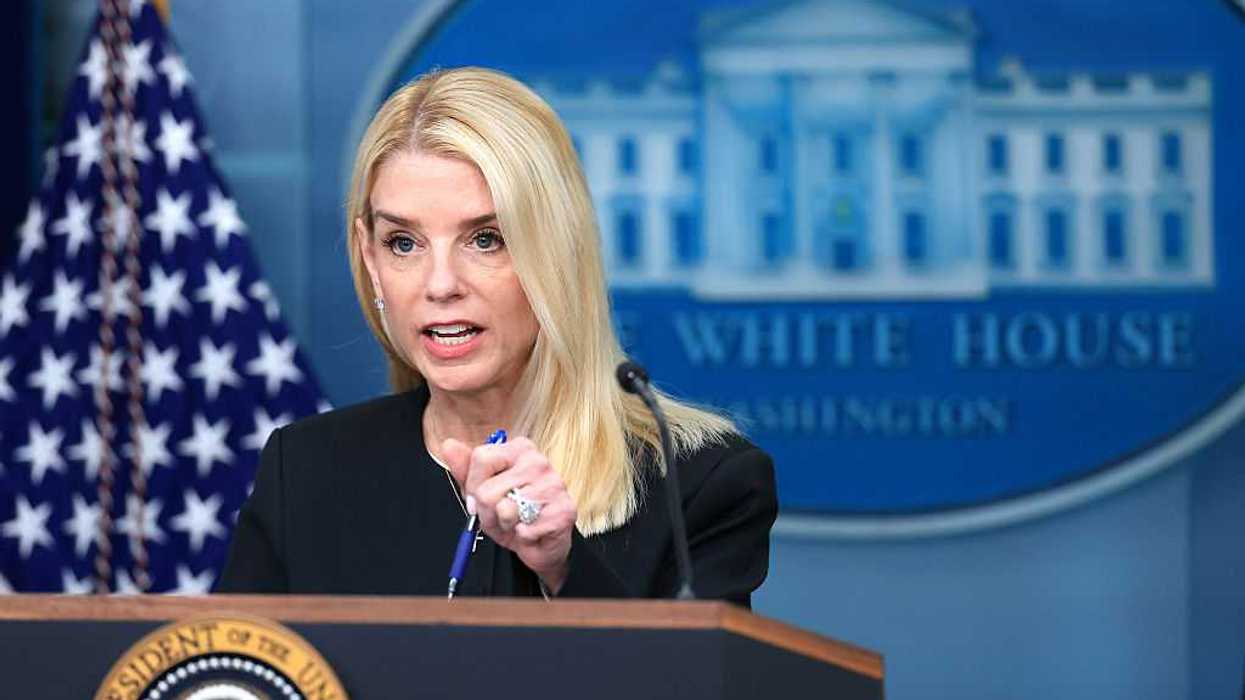Conservative activists have mounted a social media campaign, complete with a #ReleasetheMemo hashtag, designed to encourage the House Intelligence Committee to release a memo drafted by Chairman Devin Nunes (R-Calif.) about alleged surveillance abuses at the Department of Justice.
In a letter to Nunes, Assistant Attorney General Stephen E. Boyd sharply criticized Nunes for threatening to release the memorandum and asked for an opportunity to at least review the memorandum and respond to its contents in private before committee members vote on its release. Perhaps more importantly, the letter raises serious questions about whether Nunes has even seen the material that his memorandum is based upon.
What's the background, here?
Nunes has reportedly drafted a memorandum detailing alleged surveillance abuses by Justice Department officials — including FBI Deputy Director Andrew McCabe, Deputy Attorney General Rod Rosenstein, and former FBI Director James Comey. The material is allegedly based on classified material provided to the Intelligence Committee that Nunes chairs.
Conservative activists have attempted to pressure the full Intelligence Committee to release the memo, believing that the memo will provide further proof of a "deep state" conspiracy to sabotage Trump's presidency, and/or a conspiracy to help the presidential campaign of then-candidate Hillary Clinton. Democrats who have seen the memo have accused Nunes of mischaracterizing both the evidence and DOJ procedures.
Why does the DOJ seem certain that Nunes has never actually seen the material his memorandum is based on?
Nunes, as you may recall, announced in April 2017 that he was stepping aside from the House Intelligence Committee's investigation into potential Russian meddling in the 2016 election due to ethics charges brought against him by House Democrats. Nunes denied the charges, but announced that in the interests of preserving the public integrity of the investigation, it would be managed for the majority by Reps. Mike Conaway (R-Texas), Trey Gowdy (R-S.C.), and Tom Rooney (R-Fla.).
According to Boyd's letter, the classified documents upon which Nunes' memorandum is based were made available for review to the House Intelligence Committee in a "secure facility," which means that the Justice Department presumably controlled access to the room and knew who was present during the review process.
According to Footnote 1 of Boyd's letter, the Justice Department agreed to allow the Intelligence Committee to review the documents under the following access conditions: that one member from the majority and one member from the minority would review the documents, and that they would each be permitted to bring two staffers to assist in the review.
According to Boyd's letter, the member who reviewed the documents for the majority was Gowdy — which is consistent with Nunes' earlier recusal from the investigation (although he later retracted the recusal in a confusing statement that seemed to claim that he never actually recused himself).
Either way, the Justice Department has a pretty good idea of who has actually seen the material and who hasn't. If, in fact, Nunes has seen it, that could have happened only if Gowdy or one of his staffers made an unauthorized copy at a secure facility and provided it Nunes in violation of the terms of their access agreement.
Why does that matter?
If Nunes composed this memo based entirely on what other people told him they saw during the course of review of classified documents, the chances of factual errors in the memo rise exponentially, as anyone who has ever heard or been exposed to gossip and hearsay knows. Problematically, if the memorandum gets released, it will come to be treated as being on par with the actual source classified information itself. As Winston Churchill once quipped, "A lie gets halfway around the world before the truth has a chance to get its pants on."
This writer's perspective: What should happen?
It is widely suspected, especially in conservative circles, that the infamous Steele dossier — which was funded by the DNC — formed the basis of a FISA warrant application for Trump campaign aide Carter Page, which the Obama Justice Department obtained and used to spy on the presidential campaign of Donald Trump.
If these charges are true, they are extremely serious and would constitute one of the largest scandals in political history — worse than Watergate, by far. The public does deserve to know, one way or another.
However, a highly politicized summary memorandum — which may or may not be based on material the author hasn't even seen — is not the correct vehicle to expose that particular truth, because it will just fuel more partisan debate.
Thankfully, there is a person who is a) in charge of the Justice Department and b) has the absolute legal authority to declassify any document he so chooses, for any reason.
That person is President Donald Trump.
If the Obama Justice Department used a document the DNC paid for as the basis for a warrant to spy on the Trump campaign, then Trump should simply declassify the FISA warrant application for Carter Page. Let the world see the original source document, in all its glory, rather than a summary memorandum from Nunes. There is no national security reason not to — after all, the Steele dossier itself and its contents are already widely known.
If that's what really happened, then Trump should order the application released and post it to the presidential Twitter account for all the world to see. Let it be done immediately, above board, and without all the drama and debate about Devin Nunes and what he knows and did not know.







